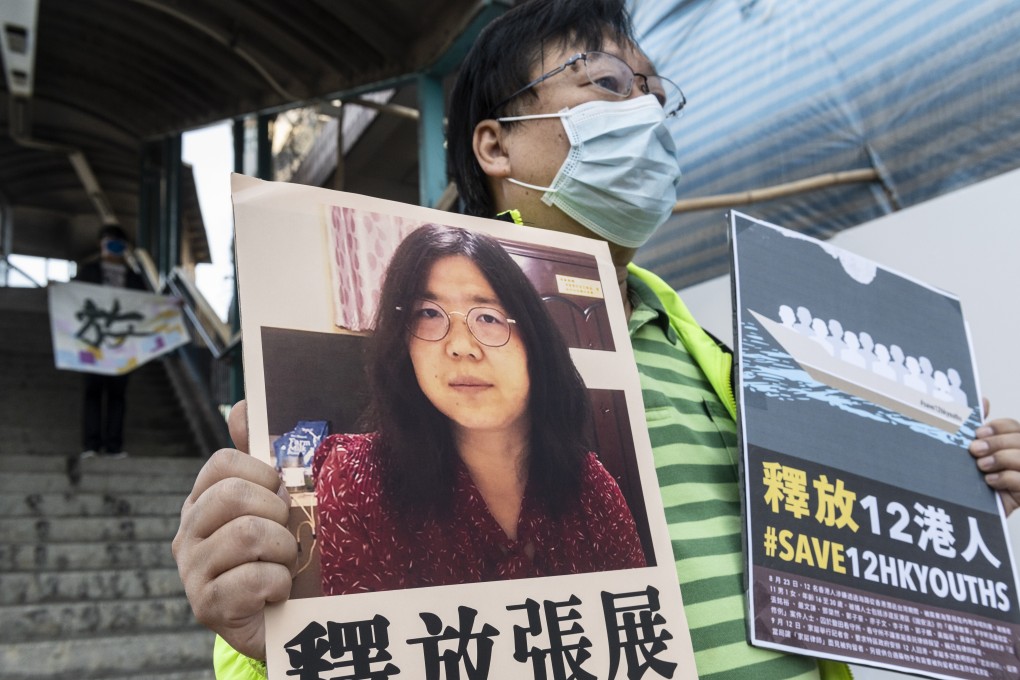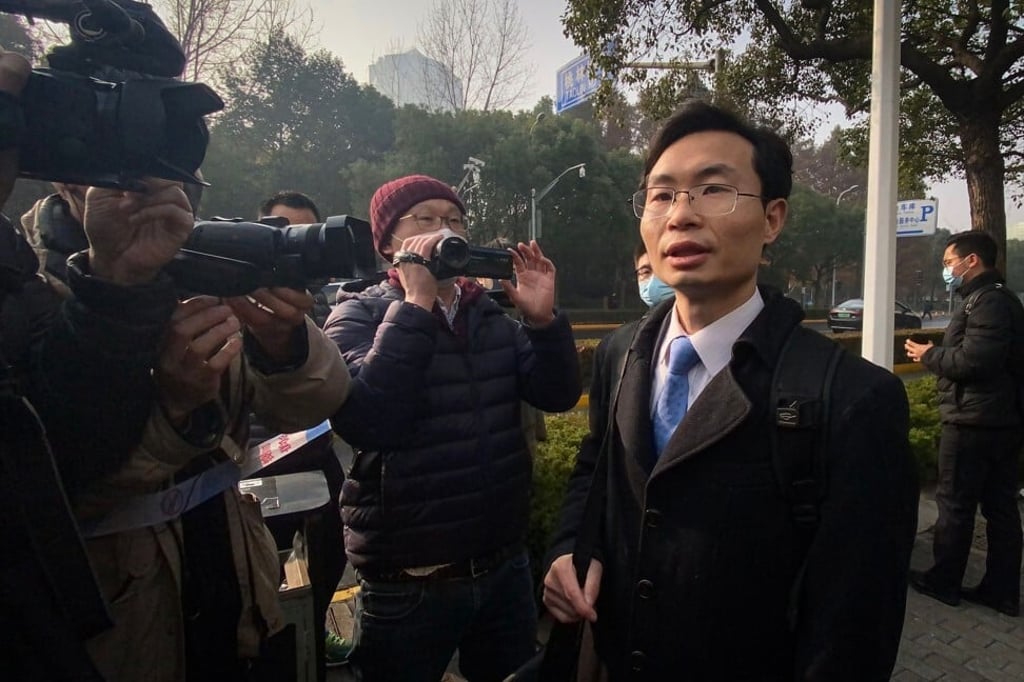Opinion | Why Covid-19 citizen journalist Zhang Zhan’s fate deserves greater scrutiny
- Among other aspects, Zhang’s case is distinctive for being the first formal prosecution involving the charge of ‘picking quarrels and provoking trouble’ to suppress a Covid-19 citizen journalist
- We should also be asking what motivates a defendant such as the courageous Zhang to martyr herself in the cause of free speech

We should not allow holiday distractions, public health concerns or compassion fatigue to induce us to overlook yet another harsh prison sentence on a human-rights activist in China.
The courageous public comments of her defence lawyer Zhang Keke suggest that, in this case, the defendant may have been allowed to retain her own counsel rather than tolerate the government-assigned lawyers often foisted upon the accused, especially those disfavoured. Lawyer Zhang, no relation to his client, boldly decided to do outside the courtroom more than he knew he would be allowed to do for her inside.
If experience is any guide, because of his forthright pre-trial complaints on social media, his efforts to talk to journalists who were barred from attending the trial and his revelations about the proceedings, he may now be in trouble with the Shanghai judicial bureau that governs his right to practise law.

